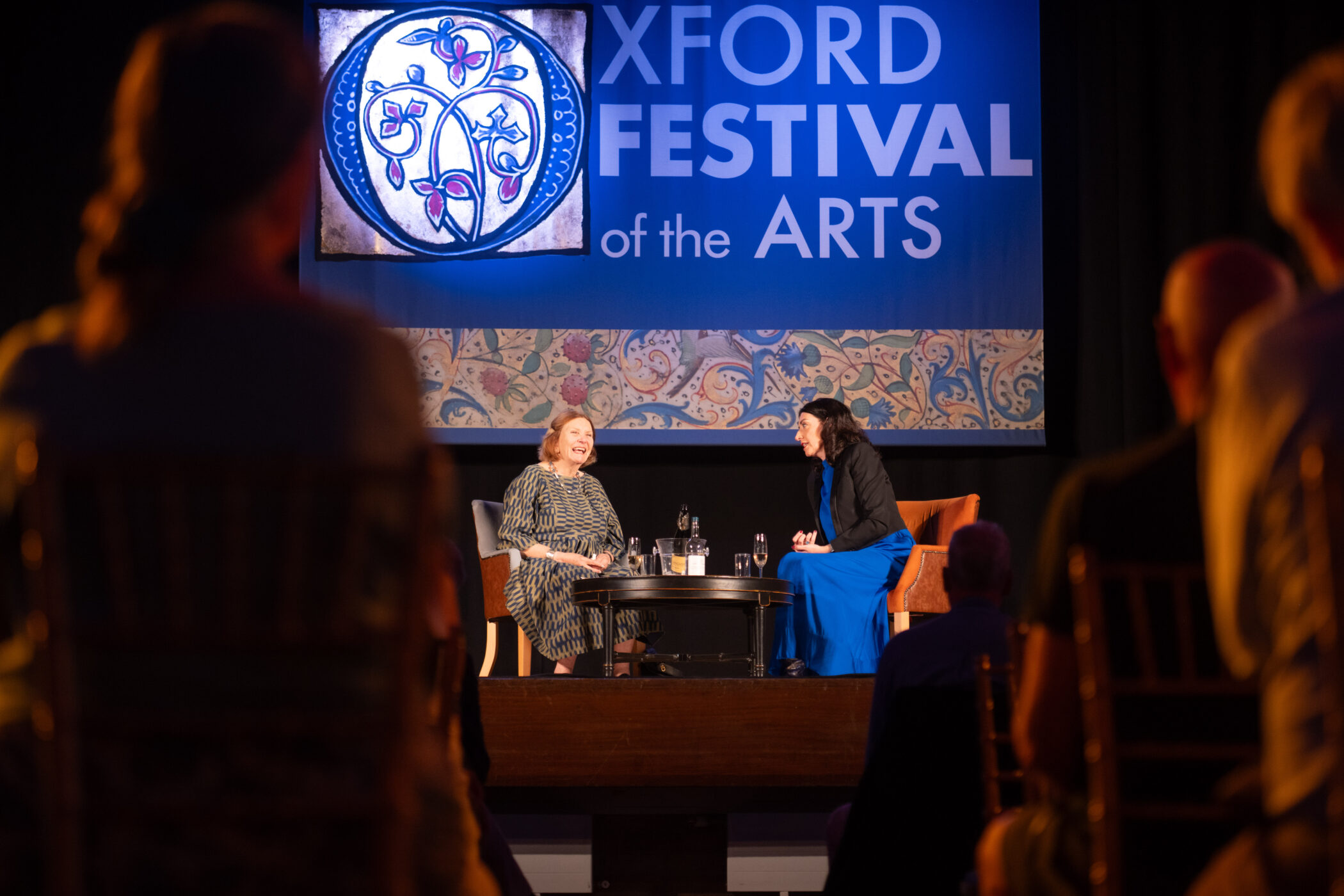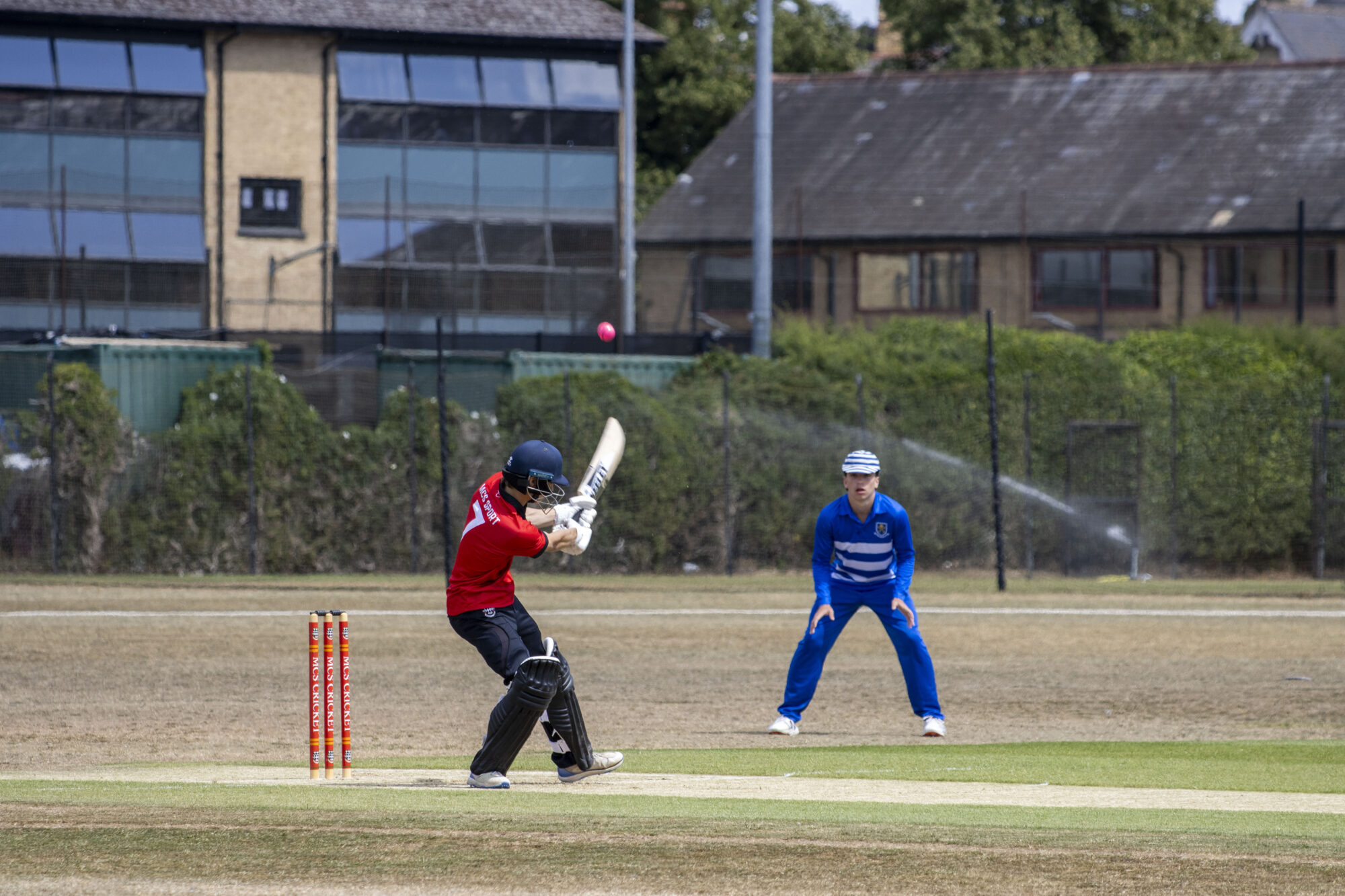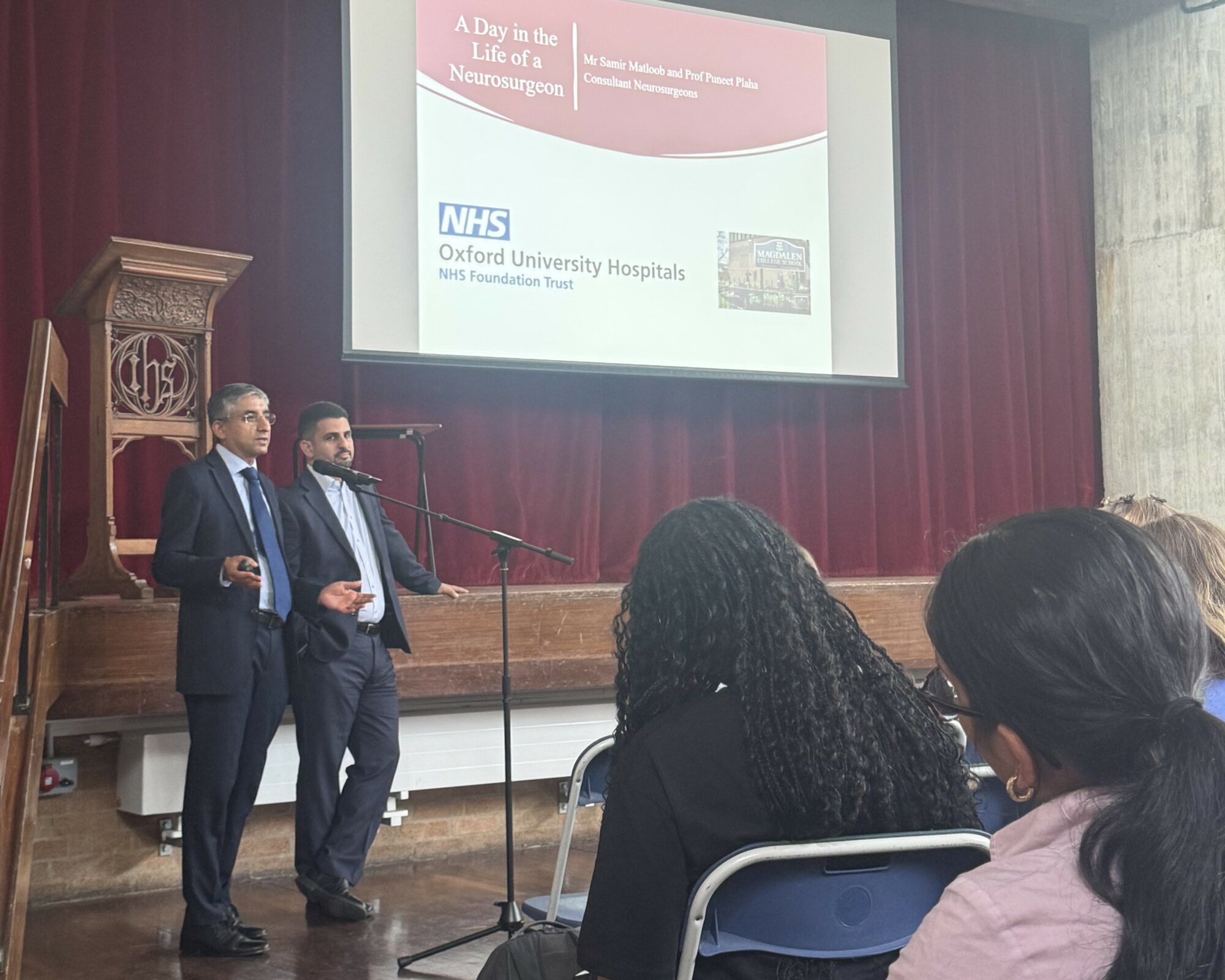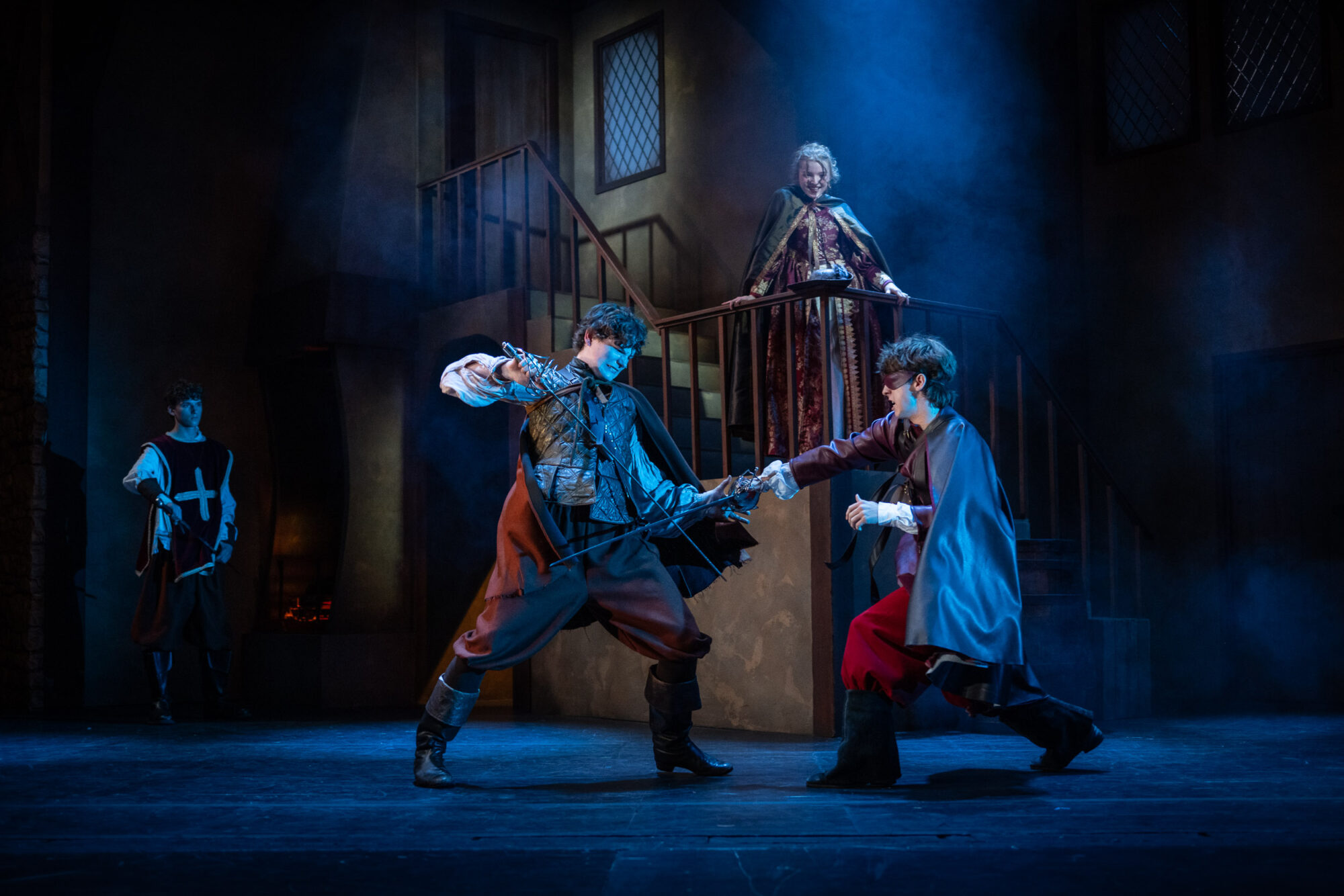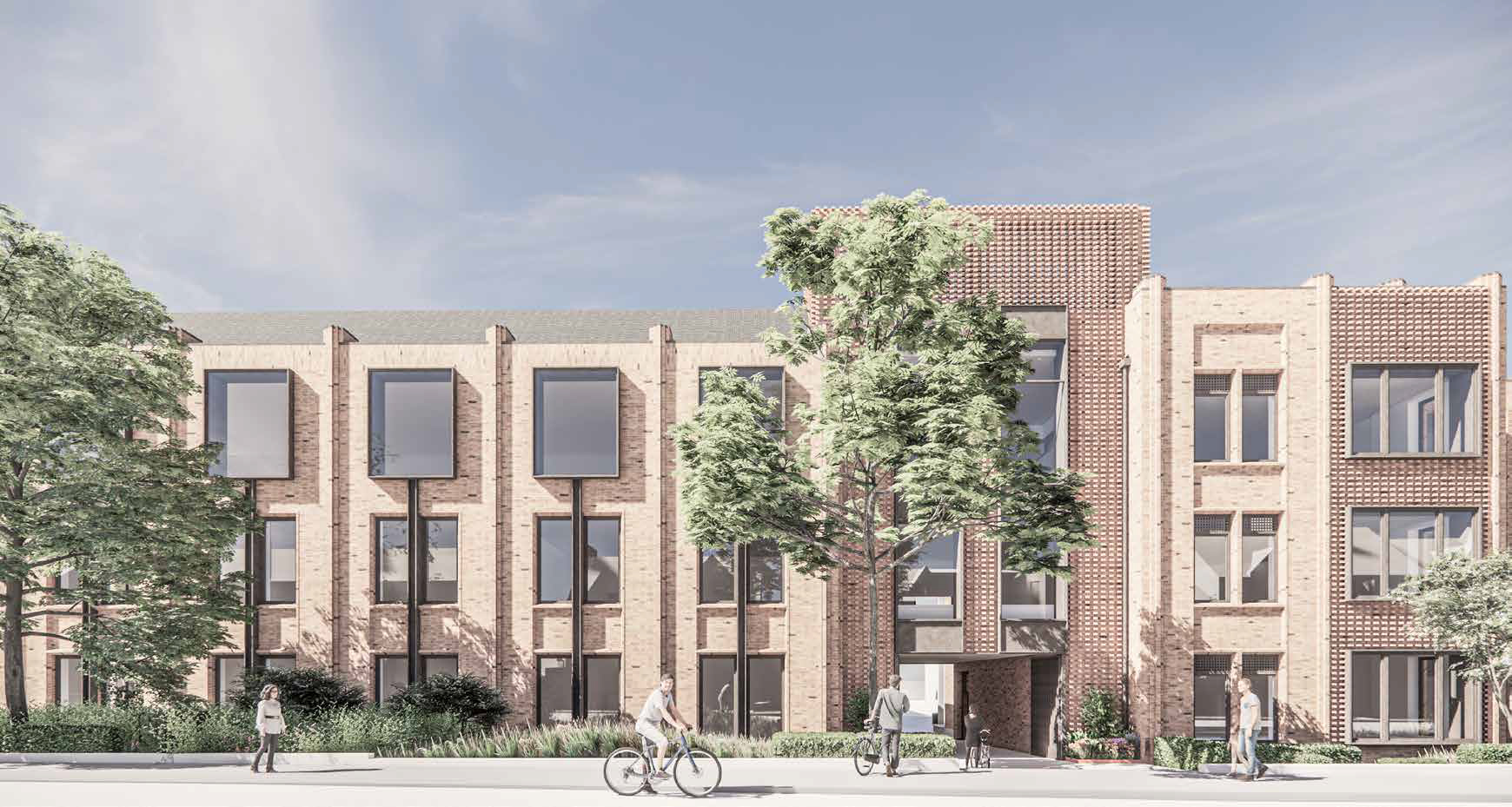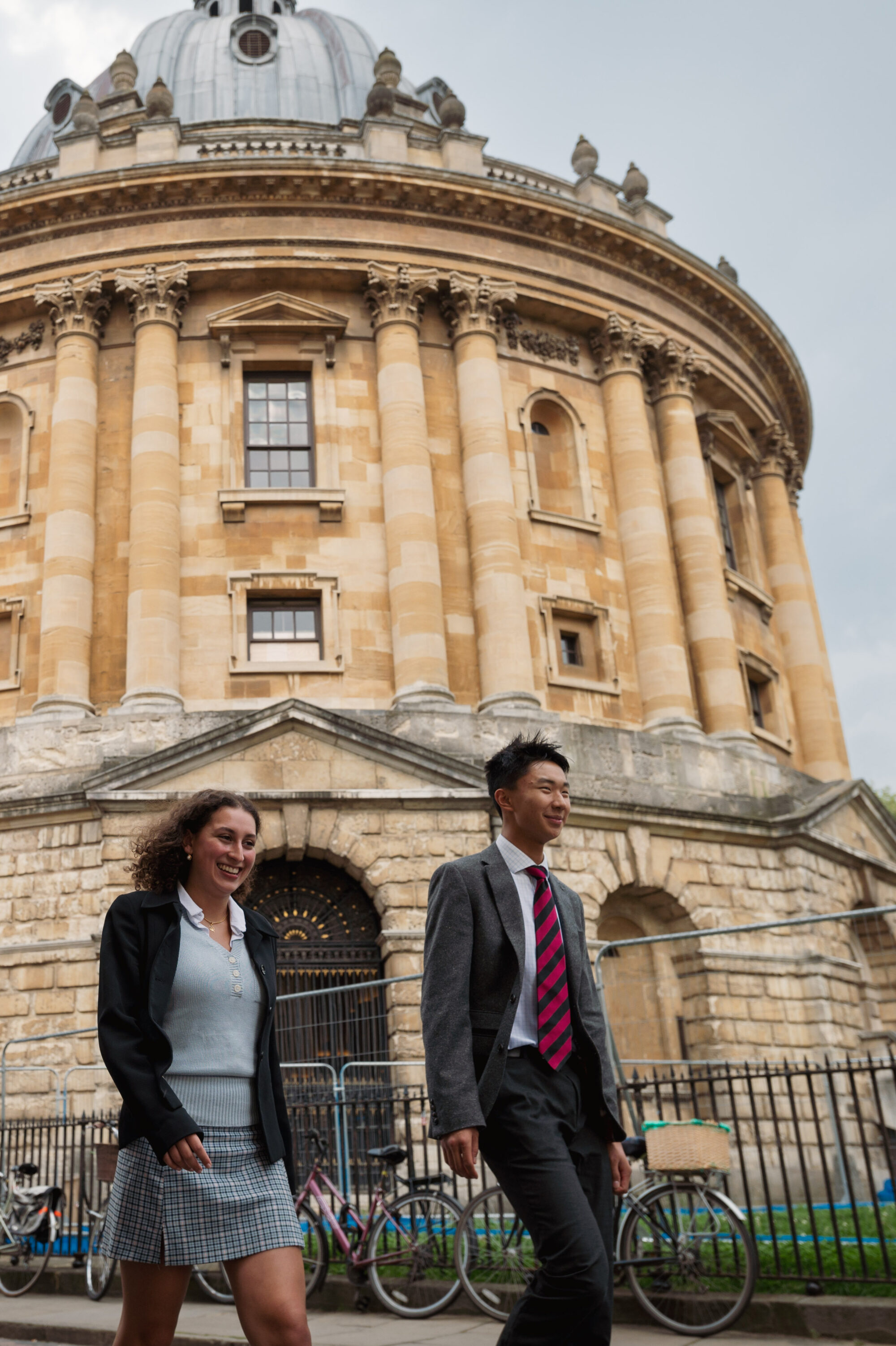Reverend Husk’s daughter Christine contacted the School to inform them of her father’s sad passing on 17 May 2017.
Conrad’s daughter Christine wrote the following words about her father’s life:
‘Conrad was born in 1930 in Maesteg, South Wales, to a mining family. His mother and father were members of the Salvation Army, his grandfather being the local Corps Band Master. Conrad was brought up in Oxford where his parents and many other relatives had moved in search of work. Possibly because of the distance to the Salvation Army Citadel in the city, the family made their church home at Temple Cowley Congregational Church, where many from the Welsh community in Oxford also worshipped. At his ordination and subsequent induction services, he told the congregation that he found faith at his mother’s knee.
From the age of nine, Conrad believed that he was intended either for the mission field or for the ordained ministry of the congregational church. When he was 11, he won a scholarship to Magdalen College School. With an eye to the future, he studied Greek as an extra subject. A testimonial from his headmaster, in addition to mentioning his academic achievements, also made special reference to his keenness and efficiency in organising the School’s collection of clothing and other items for the European relief effort. At the same time, his Minister at Temple Cowley also wrote that he was a young man of sterling Christian character and had displayed gifts of leadership in his work among children and young people, bringing an extraordinary zeal and enthusiasm to anything he undertook.
At the age of 14, he was received into junior membership of the Church, making public profession of his faith in Christ as his Saviour and Lord, and of his intention to serve and follow Him until his life’s end, dependent on God’s saving grace and forgiveness.
On leaving school, he served his National Service as a clerk at RAF Medenham in Buckinghamshire and it was there that he learned to type – a skill that would serve him well all his life, especially for preparing orders of service every week and monthly newsletters for his churches. After this, he started an arts course at St Catherine’s College, Oxford, but not yet convinced that his call was to full-time ministry, he left and worked in the accounts department at Pressed Steel and then went into youth work, where he had a part-time job as Assistant Youth Leader at one of the largest mixed clubs in Oxford. Thinking he might follow a call to full-time leadership in youth, he applied for several University social science courses but found no vacancies – God, it seemed, had other ideas.
In 1953, in addition to his service to youth, Conrad wrote that he had the privilege of sharing in a campaign by the County Union Youth Council to restore the Church and Fellowship at Sutton Courtenay. At the end of the campaign he felt called by God to continue to lead the new fellowship which had been gathered together: it was his great privilege, he said, by God’s grace, to be used in the building up of that fellowship into a covenanted church.
As time went on, the calls of Social Service and Ministry seemed to be equally insistent. Finally in August 1955, after a long period in prayer, Conrad realised without any doubt that God was calling him to be a Minister in his Church. He recorded that, though he had no doubts about the certainty of his calling, he was increasingly aware of his absolute dependence upon God for help and guidance. If he was to achieve anything for Him in this high calling, he should be fully aware of his own unworthiness and only able to go forward humbly in the faith that as God had called him, so He would enable him to do His bidding.
Conrad went to New College, London, to study theology in preparation for full-time ministry. It was on a visit to Buckingham Congregational Church, in training for preaching, that he first met Mary, who was at home on leave from Great Ormond Street Hospital in London, where she was a Staff Nurse.
Conrad and Mary were married in June 1960 and then, on 2 July of the same year, Conrad was ordained and inducted to the Pastorate of the Congregational Church in Bourne, Lincolnshire where he worked hard and continued to enjoy working with children and young people. Christine and Annette were born while the family lived in Bourne.
In 1965, the family moved to Middlewich in Cheshire where, again, Conrad worked tirelessly as a Minister in the town and with the congregations of Middlewich and Minshull – a village chapel which was also under his care, some five miles cycle ride from the Manse. Under his leadership, much-needed improvement and refurbishment of the church buildings in Middlewich was carried out. Roger was born in 1968, completing the family.
Conrad was very involved in meetings in the North West and further afield, leading to the uniting of the Presbyterian and Congregational Churches to form the United Reformed Church in 1972. He attended the service of Inauguration at Westminster Abbey.
The family moved again in 1973, this time to Long Buckby, where Conrad ministered to the group of churches including Crick and Kilsby. In addition to preaching and pastoral care, Conrad continued to work hard arranging fundraising events for Christian Aid. This included door-to-door collections and sponsored cycle rides around the local villages – people of all ages took part in these fun events.
Conrad retired in 1995 and moved to Northampton. He continued to thoroughly enjoy preaching regularly at many churches all around the district. Fitting in holidays was still very much dependent on preaching engagements.
He also enjoyed working as a volunteer for the National Trust. He was a room steward at Canons Ashby, where he loved to share the history of the family who had lived there with visitors from all over the world.
Family was very important to Conrad and he loved the mealtimes around the extended dining table, especially at Christmas. Over the years, there were invitations to those who had recently been bereaved to join the family on Christmas Day. In the days following Christmas, there would be tea parties for friends and family alike.
Throughout his life, as he said many times, it was his duty and delight to lead worship and to celebrate the sacrament of holy communion. While everything he did was always done very properly, he was a very humble and generous man who lived very simply. His care for people was unconditional, it didn’t matter what their background was, whatever their need he would go to them and help them at any time. He wrote many letters, especially to people who were experiencing difficult times, like all of his sermons, these were all crafted in his beautiful handwriting. Many people were blessed by what he did for them, often staying in touch for many years after he had left their pastorate.
When his time came, he was very ready to go to be with His Lord and Saviour.
Thoughts from John Slow, who was the East Midlands Moderator while Conrad served at Long Buckby, Crick and Kilsby.
‘Conrad, and indeed Mary and the family, have been friends of ours for many, many years – almost 40. Things particularly remembered: he was a man who was, in his private and ministerial life, devout. He was very caring for people. He did not always agree with them, but he cared for them and about them. He was one of the old school: preparation for preaching and worship were so very carefully done, meticulous even’.
Conrad was involved in the District Council and East Midlands Synod. John particularly remembers that Conrad felt it was part of his ministry to support and encourage new ministers coming into the district, especially when they came straight from college. This support he continued to give well into his retirement. He also continued his worship and preaching ministry for many years after he retired.
In summary, he was devout, caring and well prepared’.
 MCS ranks among the top independent secondary schools, and in 2024 was awarded Independent School of the Year for our contribution to social mobility.
MCS ranks among the top independent secondary schools, and in 2024 was awarded Independent School of the Year for our contribution to social mobility.

 28 of our pupils achieved 10 or more 8 or 9 grades in 2024.
28 of our pupils achieved 10 or more 8 or 9 grades in 2024.
 In 2023-24, MCS received over £448,000 in donated funds.
In 2023-24, MCS received over £448,000 in donated funds.